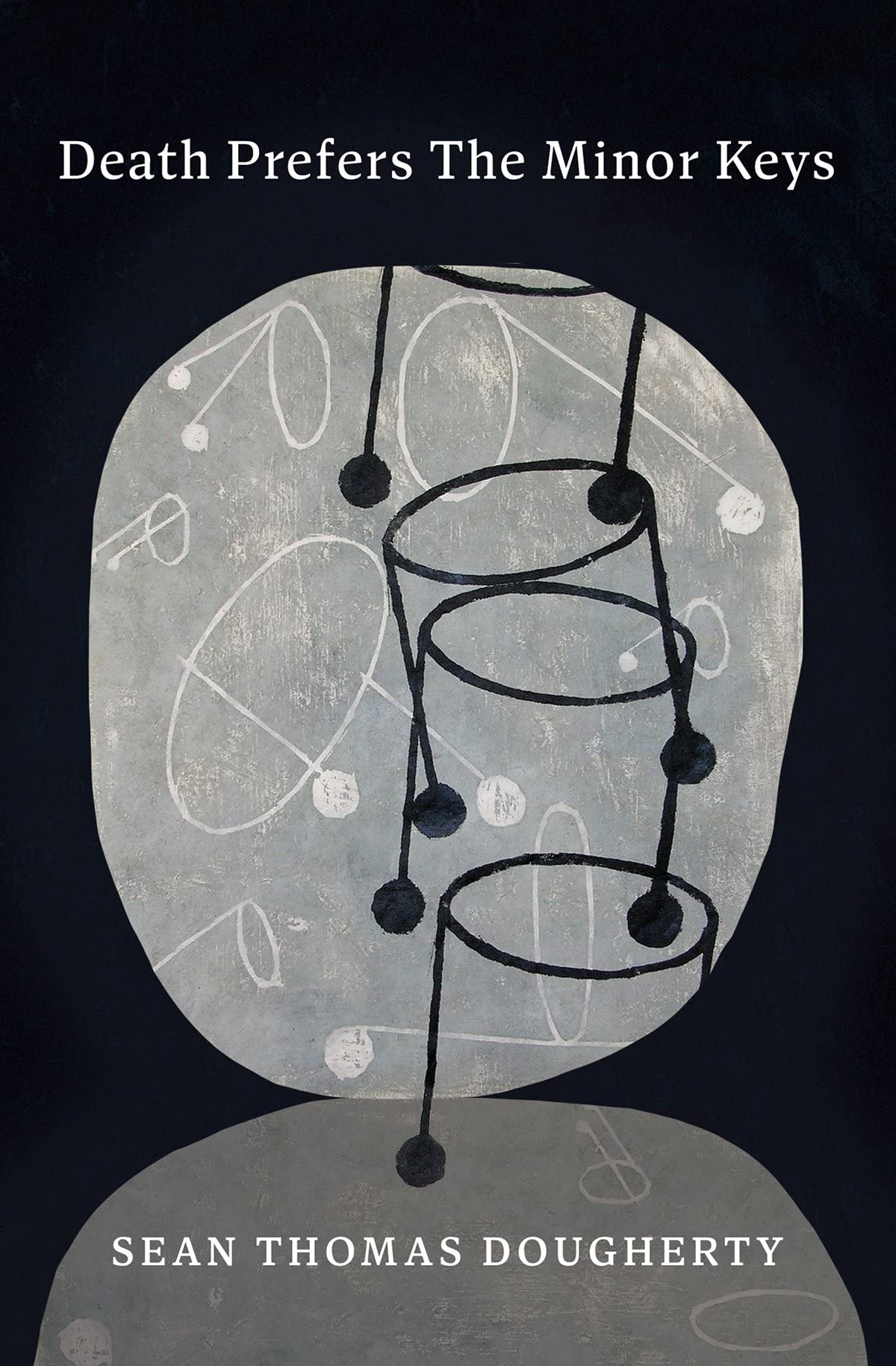Ars Poetica
When I am stuck, I walk outside, I breathe, I name the color of the light then walk back in, I start to write. Sometimes just passing through a doorway, just naming something is enough—or I go for a walk. I drink coffee in a public place. What is left to say to the page of the air? An abuela at the bus stop wears a sentence like a boa. I watch the sky: even the clouds are hieroglyphics. & life is work & worry, overtime & bills, silence & music, groceries & dreams. I want to put it all in my poems: All the ordinary that should kill me. All the ordinary things we are. I want to sing. To sing for the average dead: Not those who died young or spectacular, but by diabetes, or my friend Tim by heart attack at 53. Lynn by stroke at 56. All the ordinary folks with fatty livers at the local diner. Who will remember them? Who will write their odes & elegies? Some days the writing is not the writing: it is getting the laundry done, or sitting in a dark room, or feeding the kids lunch, or napping with the dog. A few daily words attach themselves & not today, but tomorrow, or the next they will fall off you & become sentences when you are thinking of what to make the kids for dinner, that ache in your wrist from the weather. Or years of piece work. A poem is a kind of piece work. Remnants of letters we stitch together with bloody thread, crushed coke cans, green plantains, kids banging garbage can lids. Donut shop junkies drinking coffee black with a dozen sugars, a dog growls on a chain as I walk in the light rain—can you hear me whistle a scratched LP of all the world’s lovely & unloved things? Or did I ever tell you this story: During the Question & Answer at the fancy university, the old poet confessed. “I have written all I wish to in this life.” The professor— who had introduced her reading (with real affection, if not exuberant over-praise, being as he was her ex-student from decades ago, looked genuinely bereft.) “But” he stammered. “But you cannot be serious. What would we do without your poems? What will you do if you are not writing?” The old poet touched her exuberant gray curls, then said, “I will eat pie.”
*
Theophany
a doe came up from the creek & into the yard, nudging the April frost with hoof & nose, when I stepped forward & broke a twig with my clumsy step & she looked up but didn’t run—for seconds we were not too far apart I could hear her huff, her heavy sides full with fawn, & then she turned & walked slowly back to where we weren’t from—I wanted to follow her to the woods, to tromp bare foot over the frosted grass, but I am only so foolish. I turned to the unlit house & my children not rising yet in the blue dark. I do not know why the doe did not run right away; she was not scared as much as I was that she would leave me alone on this small earth, & I gasped startled at my own grief as her white tail disappeared into the birches.
*
Written in the Current Mode without Translation
You said
his poem
was better
in the original
language
l could not read:
loving you
is like this—
***

